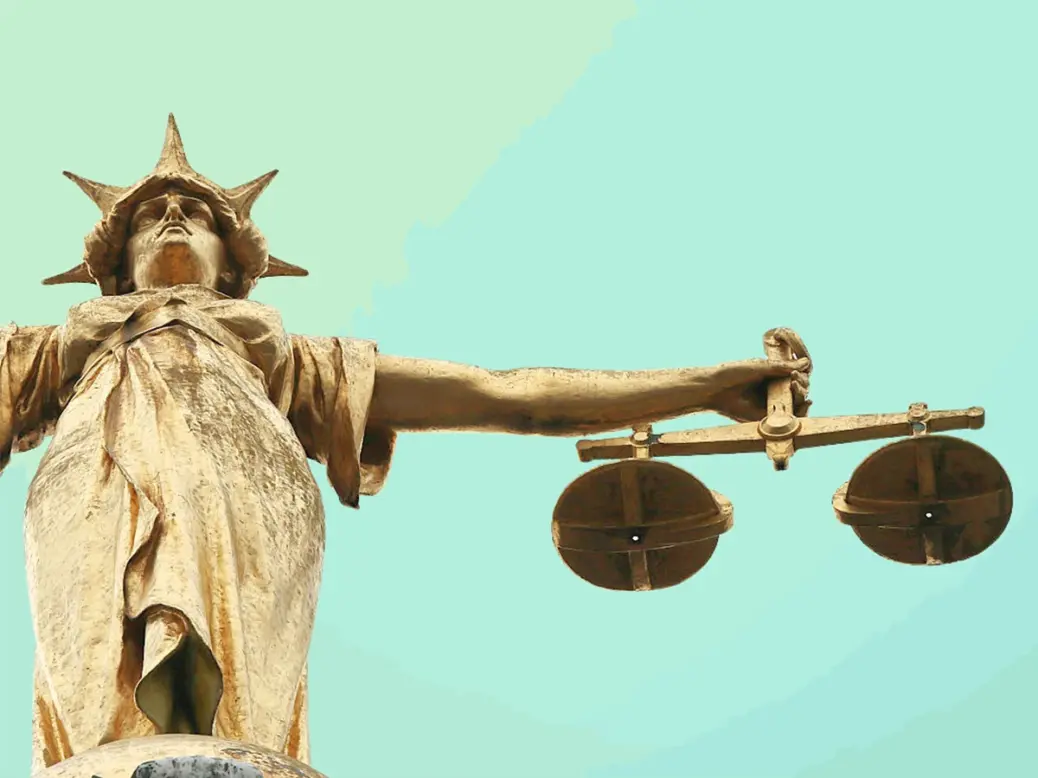
Strategic lawsuits against public participation, or SLAPPs, have become a hot topic since the invasion of Ukraine, with particular focus on lawsuits brought about by wealthy Russians.
This escalation is largely being driven by free speech and media campaigners, who complain that wealthy individuals and businesses are abusing the English legal system. They say claimants are threatening, or bringing, meritless legal claims in order to improperly silence legitimate criticism about themselves.
In March 2022, Dominic Raab, then-deputy prime minister, called SLAPPs ‘an abuse of the legal process, where the primary objective is to harass, intimidate and financially and psychologically exhaust one’s opponent via improper means’.
While a great deal has changed in government, it still intends to bring in a change to the law, despite small numbers of cases in England and Wales. A recent official press release, citing figures from NGO Coalition Against SLAPPs in Europe, estimates that (only) 14 SLAPPs cases took place in 2021. It describes this as a significant increase from the preceding two years.
However, given there hasn’t been an official definition of what a SLAPP is – and importantly, what it isn’t – I believe it’s likely that at least some of those 14 complaints have been wrongly characterised.
And even when accepting at face value the campaigners’ labelling of these legal complaints as having been SLAPPs, these are small numbers that prompts one to question whether the law actually needs to be changed at all.

[See also: New rules on divorce reporting – is transparency the future?]
With 25 years’ experience as a claimant lawyer, I don’t know any fellow claimant lawyers who want to be involved in an abuse of the legal process. Yet they are routinely portrayed in the media as villains, apparently lacking professional and moral judgement.
However, we actually take our roles and obligations very seriously – not least because there are far-reaching consequences if we fail to do so.
The government should be slow to accept everything the campaigners put forward. It needs to carefully balance the various competing legal rights, including access to justice and the right to a reputation.
A person’s reputation can be hard earned over decades, but all too easily damaged quickly. This is all the more true in a world where information travels around the globe in an instant, and yet can remain forever.
As with the time-worn saying about beauty, whether something is unmeritorious or not might be said to be in the eye of the beholder.
Unfortunately, there will always be exceptions to the rule, and someone might commence a meritless complaint or otherwise attempt to abuse the legal system. However, I strongly believe that the courts already have ample tools available to them to dispose of claims that are genuinely abusive.
I believe the SLAPPs issue – at least in the UK – has been blown out of proportion. Tinkering with the law is more likely to be an obstacle to genuine individuals with legitimate complaints than a deterrent to those very few who might try to abuse the system.
Defining SLAPPs
With that said, I’m glad to see that the government is limiting the new legislation to matters of ‘economic crime’ only. Importantly, there is an attempt to define what might constitute an ‘economic crime SLAPP’.
Although the definition throws up all sorts of questions (it omits a reference to the requirement for there to be an ‘abuse of process’, for example), if the law is to be changed, it is a positive development that there will be a definition at all.
However, experience tells me that changes often result in greater uncertainty, more complexity, and therefore an increase in legal costs; at least until the issues are ironed out.
With costs being one of the main stated concerns of the campaigners against SLAPPs, the proposed changes therefore seem to me to create at least as many problems as they might solve.






